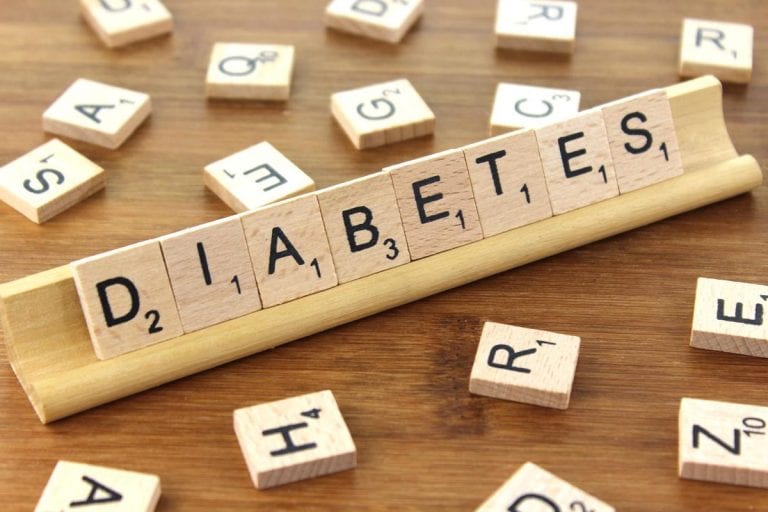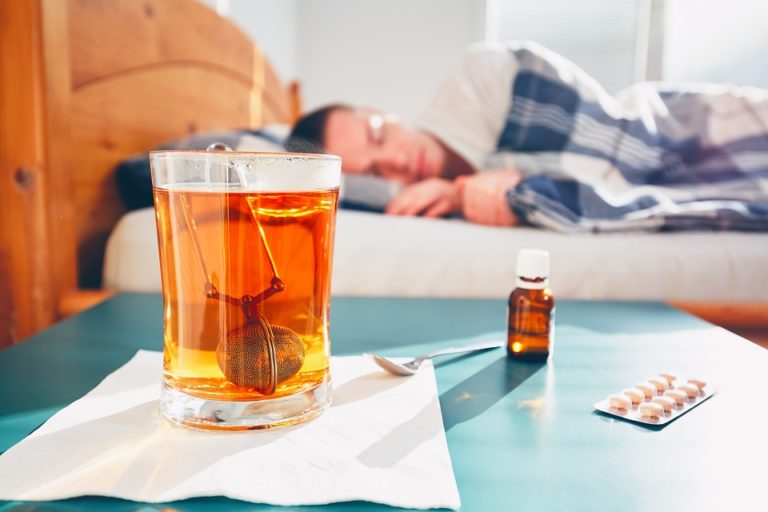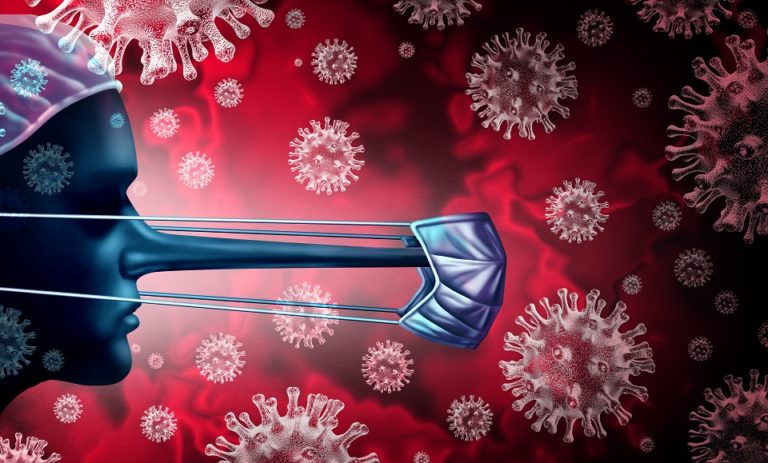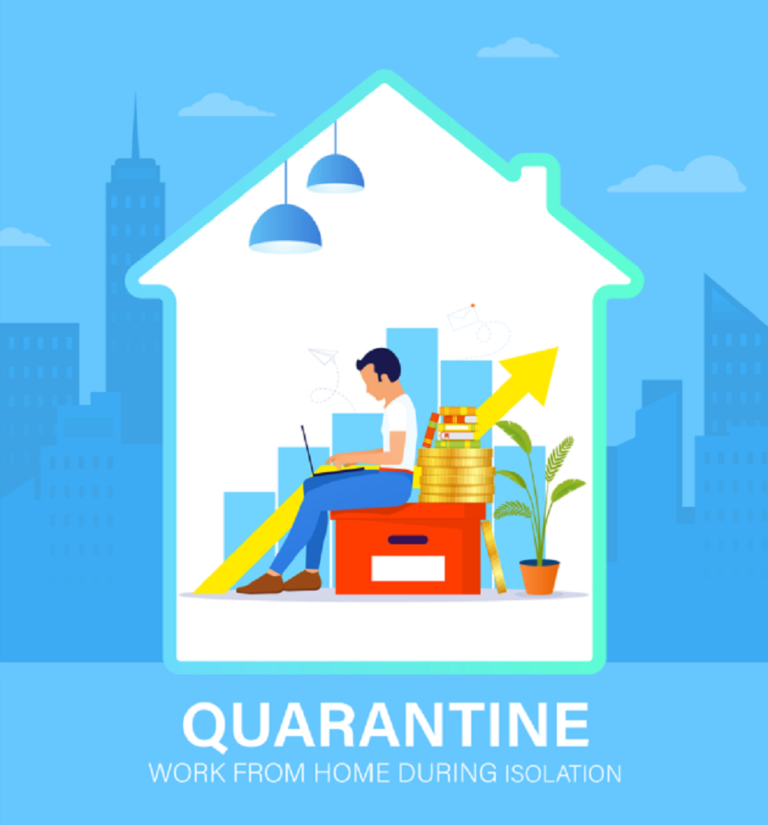
Major depressive disorder with a seasonal pattern (MDD-SP), formerly known as seasonal affective disorder (SAD), is a type of depression that usually happens in the winter when there’s reduced sunlight, but it can happen in the summer, too.
While MDD isn’t as common in the sunnier months, it’s believed that for people with bipolar disorder, manic episodes can peak in the spring and summertime. Moreover, changes in schedule and structure during the day and too much sunlight can throw off people’s circadian rhythms and hormone levels, which can lead to anxiety and stress.
Research suggests that people with SAD have problems regulating serotonin, a neurotransmitter responsible for balancing mood. In the winter, your body may produce more SERT, a protein that assists with serotonin transport, but in the summer, sunlight can lead to lower SERT levels, which can cause depression.
In addition, remission of SAD symptoms can occur in the spring and summer if light therapy isn’t continued through the end of winter. Treatment for MDD-SP includes light therapy, antidepressants or selective serotonin reuptake inhibitors (SSRIs), and psychotherapy.
Doctors also recommend you plan ahead with MDD-SP treatment if you know you’re at risk for it by exercising more toward the end of the summer, doing therapy around September, and using a lightbox in October when the days get shorter.
To help you get the treatment you need, here are some common symptoms of MDD-SP you should know.
You’ve been oversleeping
The link between sleep and depression is complex because a variety of health conditions, such as hypothyroidism, diabetes, and heart disease, can cause someone to oversleep. But for people with MDD-SP, too much sunlight can throw off your melatonin production – the hormone that regulates sleep – so longer days mean you might have fewer hours to snooze, which makes you feel more tired and oversleep during the day. Oversleeping can, in turn, reduce your sunlight exposure as well and lead to anxiety and depression.
On the other hand, depression can also make it harder for you to fall asleep or stay asleep. Many people with depression have insomnia. A 2019 study from Heliyon suggests that insomnia is associated with anxiety and depression, and that anxiety often acts as a precursor for insomnia.
Social events make you extra anxious
During the summer, your days might be filled with celebrations and parties, like weddings and graduations. These commitments can create a big gap between your own expectations and reality. You might feel stressed or anxious that you’re the only one who’s not feeling as celebratory or having as much fun as others.
You’re wanting more and more time alone
At the same time, the hustle and bustle of summertime activities can make you feel anxious around many people and crave more alone time. As a result, you might seclude yourself from others in fear of being judged by others. Studies have shown that social withdrawal is an early symptom of MDD-SP.
Be sure to make time for yourself every day and do something that makes you feel relaxed and happy, whether it’s lounging by the pool and reading a good book, or cooking a delicious, healthy meal.
You have low energy and are unable to concentrate
Sure, it’s normal to feel stressed or overwhelmed if many of your co-workers are out of the office on vacation throughout the summer, but if fatigue has been derailing your efforts to get things done around the house and at work, it might be a sign of MDD-SP.
According to the National Institute of Mental Health, having low energy or fatigue, or feeling sluggish or agitated are common symptoms of major depression. Depression can cause decreased energy, as well as problems with memory and concentration.
You’re always moody or agitated
Do you catch yourself getting irritated over small things that normally don’t upset you? The heat can trigger some agitation, but if you find yourself raging or snapping at the most minor problems and can’t seem to shake the funk, it could be a red flag for MDD-SP. Check in with your doctor or speak to a therapist if you suspect you need treatment.

























